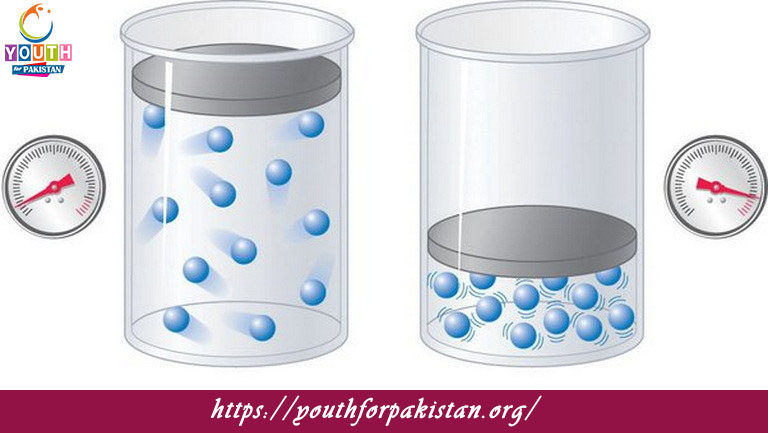Kinetic Theory of Gases Quiz with Answers

Welcome to the Kinetic Theory of Gases MCQs with Answers. In this post, we have shared Kinetic Theory of Gases Online Test for different competitive exams. Find practice Kinetic Theory of Gases Practice Questions with answers in Physics Tests exams here. Each question offers a chance to enhance your knowledge regarding Kinetic Theory of Gases.
Kinetic Theory of Gases Online Quiz
By presenting 3 options to choose from, Kinetic Theory of Gases Quiz which cover a wide range of topics and levels of difficulty, making them adaptable to various learning objectives and preferences. You will have to read all the given answers of Kinetic Theory of Gases Questions and Answers and click over the correct answer.
- Test Name: Kinetic Theory of Gases MCQ Quiz Practice
- Type: Quiz Test
- Total Questions: 40
- Total Marks: 40
- Time: 40 minutes
Note: Answer of the questions will change randomly each time you start the test. Practice each quiz test at least 3 times if you want to secure High Marks. Once you are finished, click the View Results button. If any answer looks wrong to you in Quizzes. simply click on question and comment below that question. so that we can update the answer in the quiz section.
Download Certificate of Quiz Kinetic Theory of Gases
On the end of Quiz, you can download the certificate of the quiz if you got more than 70% marks. Add a certificate to your job application or social profile (like LinkedIn) and get more job offers.
Download Kinetic Theory of Gases MCQs with Answers Free PDF
You can also download 100 Kinetic Theory of Gases Questions with Answers free PDF from the link provided below. To Download file in PDF click on the arrow sign at the top right corner.
If you are interested to enhance your knowledge regarding English, Chemistry, Computer, and Biology please click on the link of each category, you will be redirected to dedicated website for each category.




